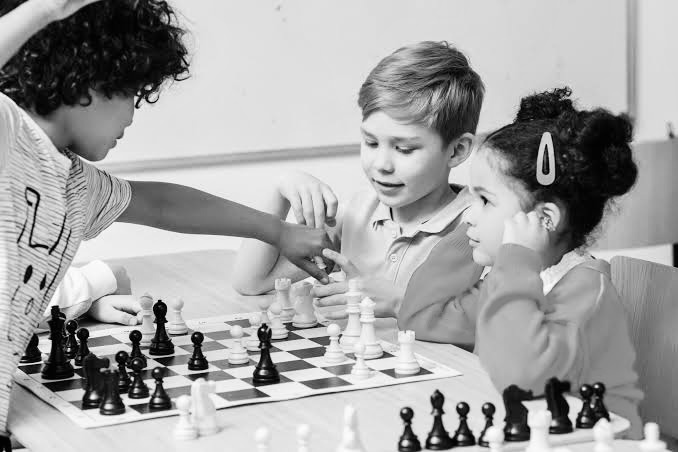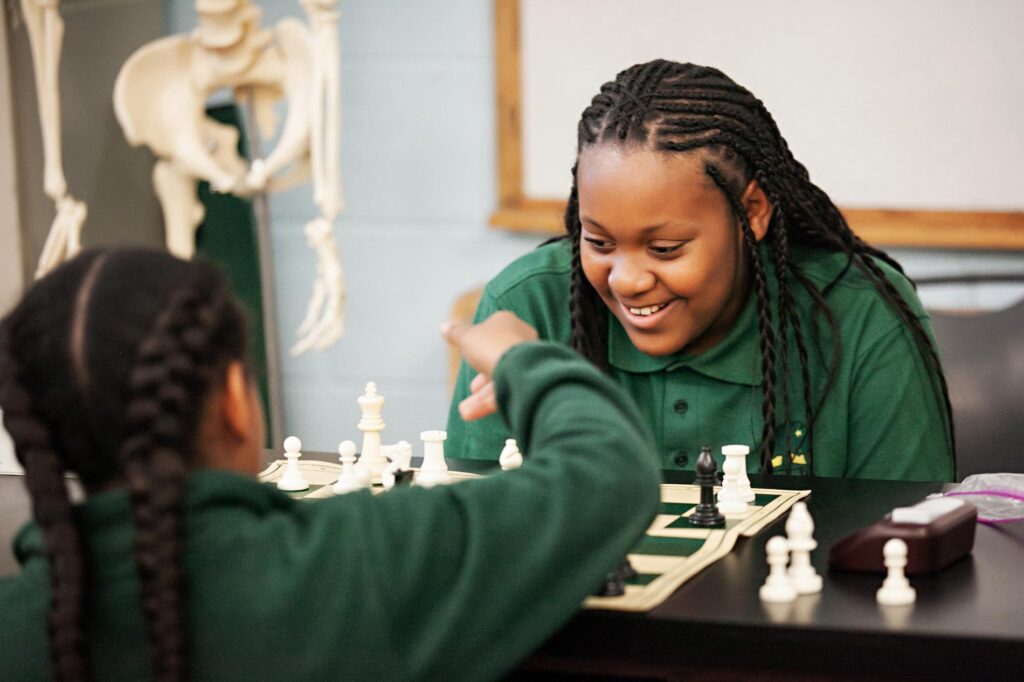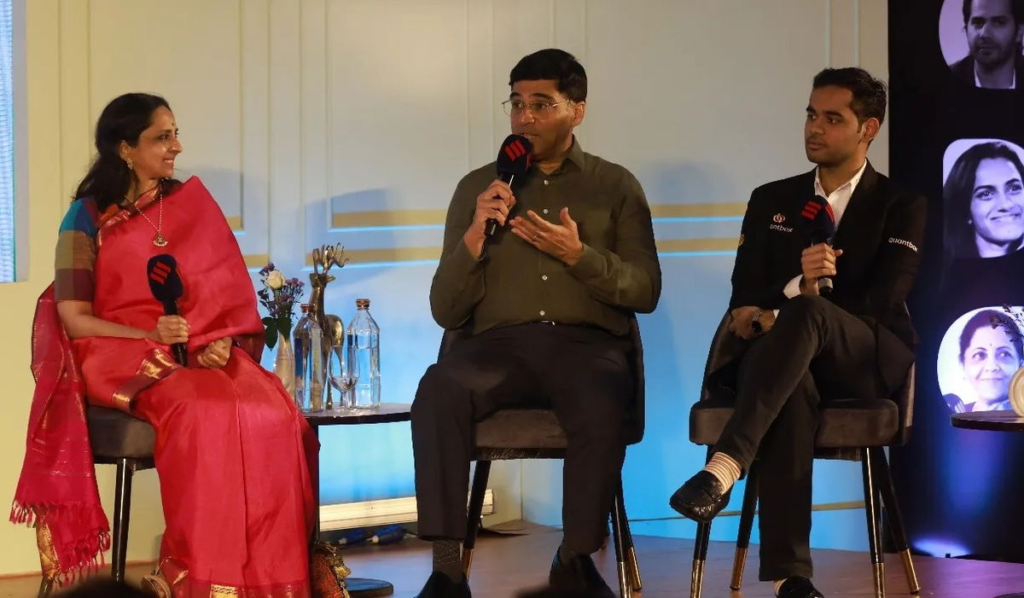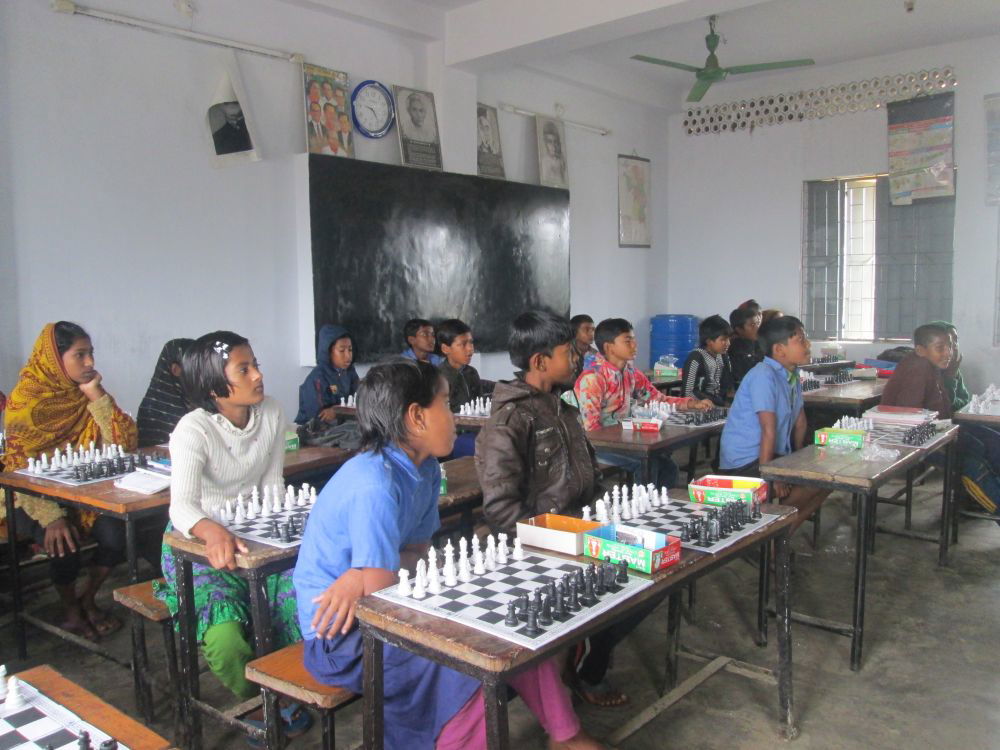Chess has long been hailed as a game of strategy, logic, and critical thinking. But for children, chess offers so much more than just an engaging pastime. Whether they are playing casually with friends or competing in tournaments, the game introduces life skills that extend far beyond the board. From boosting cognitive abilities to fostering patience and resilience, chess helps kids develop important traits that will benefit them throughout their lives.

1. Strategic Thinking and Problem-Solving
One of the core aspects of chess is strategy. It’s a game where thinking ahead is crucial. Every move requires careful planning, and there are often multiple possible outcomes to consider. For children, this encourages the development of critical thinking skills as they learn to evaluate situations, predict consequences, and make informed decisions. These skills easily translate into real-life situations, from schoolwork to handling personal challenges.
2. Focus and Concentration
In a world filled with distractions, developing the ability to focus can be a challenge. Chess is a great tool for enhancing concentration. During a game, players must remain alert and focus intently on both their own moves and their opponent’s strategies. For kids, learning how to concentrate during a chess game improves their attention span in other areas, including in the classroom. This heightened focus can lead to better academic performance and increased engagement in daily tasks.
3. Patience and Resilience
Chess also teaches important life lessons in patience and resilience. Games can be long, and sometimes progress is slow. Kids learn that instant success is not always guaranteed, and that persistence and steady effort often lead to victory. Furthermore, chess offers opportunities to practice resilience. Losing is a natural part of the game, and children quickly learn that setbacks aren’t permanent. Instead, they can view mistakes as opportunities to improve and grow. This mindset helps kids develop emotional strength, a crucial skill for navigating the ups and downs of life.
4. Academic Improvement
It’s no surprise that many children who play chess regularly see improvements in their academic performance. Chess is a workout for the brain. Studies have shown that playing chess can enhance a child’s ability to solve complex problems, improve memory, and even boost mathematical skills. By exercising their brain, children become better at processing information and thinking logically, which benefits them in subjects like math, science, and even language arts.

5. Social Skills and Confidence
While chess is often thought of as an individual pursuit, it can actually help children develop strong social skills. Whether playing with friends, in a club, or at a tournament, chess encourages communication, teamwork, and respect. Kids learn how to gracefully accept defeat and celebrate victories without arrogance. These social interactions foster a sense of sportsmanship and self-respect, while also boosting their confidence in social settings.
6. A Game That Grows With Them
Another wonderful thing about chess is its adaptability. As children grow, they can continue to challenge themselves with more advanced strategies and techniques. Unlike many games, chess offers an endless variety of complexity, making it suitable for players of all ages. This evolving nature of the game ensures that children will never outgrow chess—it’s a lifelong journey of learning and growth.
Chess is more than just a game; it’s an educational tool that fosters essential life skills such as strategic thinking, focus, patience, resilience, and social interaction. For children, the benefits are undeniable. By introducing chess into their lives, we can help them develop the mental agility and emotional strength needed to thrive in both their academic and personal journeys. The game grows with them, continuously offering new challenges and learning experiences, making it an invaluable part of a child’s development. So, next time you see a chessboard, remember—it’s not just about winning or losing; it’s about building a strong foundation for success in life.

